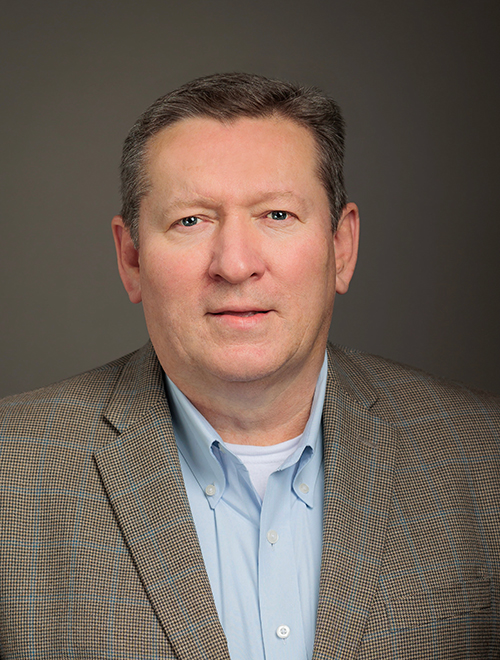
Alum Spotlight
When and why did you decide to major in biology?
So I originally thought I would study biology as a prehealth major, but when I was an undergraduate student at Ole Miss, I took an aquatic biology course as an elective course with Prof. Stephen Threlkeld. I am so thankful that I did so because the class materials, and Prof. Threlkeld’s mentorship, opened a whole new world of discovery.
So I originally thought I would study biology as a prehealth major, but when I was an undergraduate student at Ole Miss, I took an aquatic biology course as an elective course with Prof. Stephen Threlkeld. I am so thankful that I did so because the class materials, and Prof. Threlkeld’s mentorship, opened a whole new world of discovery.
What were some significant accomplishments/favorite memories at UM?
Research activities as an undergraduate with Prof. Threlkeld, who also was my graduate mentor for a M.S in biological sciences at Ole Miss, were decidedly formative in my scientific preparation. In addition to my individual research activities, I greatly benefited from collaboration with other graduate students and faculty in biology, and in the Department of Biomedical Sciences / Environmental Toxicology within the School of Pharmacy. Some of my collaborators as an undergraduate and as a M.S. student remain research collaborators and close friends, though we live in many different parts of the United States now.
Research activities as an undergraduate with Prof. Threlkeld, who also was my graduate mentor for a M.S in biological sciences at Ole Miss, were decidedly formative in my scientific preparation. In addition to my individual research activities, I greatly benefited from collaboration with other graduate students and faculty in biology, and in the Department of Biomedical Sciences / Environmental Toxicology within the School of Pharmacy. Some of my collaborators as an undergraduate and as a M.S. student remain research collaborators and close friends, though we live in many different parts of the United States now.
Please tell us about your educational/career path since UM.
After completing a Ph.D. at the University of North Texas, I joined Baylor University as a faculty member in 2002. Since this time, I have mentored many undergraduates and graduate students in environmental science, public health, biological sciences, and chemistry and biochemistry. During this time, I’ve tried to invest in the students I mentor, just like the biology faculty at Ole Miss did with me, by meaningfully engaging students in research and scholarship. I am most proud of the students I’ve mentored, and their accomplishments.
After completing a Ph.D. at the University of North Texas, I joined Baylor University as a faculty member in 2002. Since this time, I have mentored many undergraduates and graduate students in environmental science, public health, biological sciences, and chemistry and biochemistry. During this time, I’ve tried to invest in the students I mentor, just like the biology faculty at Ole Miss did with me, by meaningfully engaging students in research and scholarship. I am most proud of the students I’ve mentored, and their accomplishments.
Why should they decide to study biology in today’s world?
Keep in mind the Rule of 3 from survival science: you can go about 3 minutes without air, about 3 days without water, and about 3 weeks or so without food. Unfortunately, the air we breathe, the water we drink, and the food we eat can be contaminated by chemicals and waste. Subsequent implications to people include the rise in non-communicable diseases, and declines in biodiversity at the global scale. A sound foundation in biology is critical for society to heal the sick, feed the masses, sustainably manage natural resources, and realize safe water, sanitation and hygiene for everyone, in every local community, in the great State of Mississippi and beyond.
Keep in mind the Rule of 3 from survival science: you can go about 3 minutes without air, about 3 days without water, and about 3 weeks or so without food. Unfortunately, the air we breathe, the water we drink, and the food we eat can be contaminated by chemicals and waste. Subsequent implications to people include the rise in non-communicable diseases, and declines in biodiversity at the global scale. A sound foundation in biology is critical for society to heal the sick, feed the masses, sustainably manage natural resources, and realize safe water, sanitation and hygiene for everyone, in every local community, in the great State of Mississippi and beyond.
